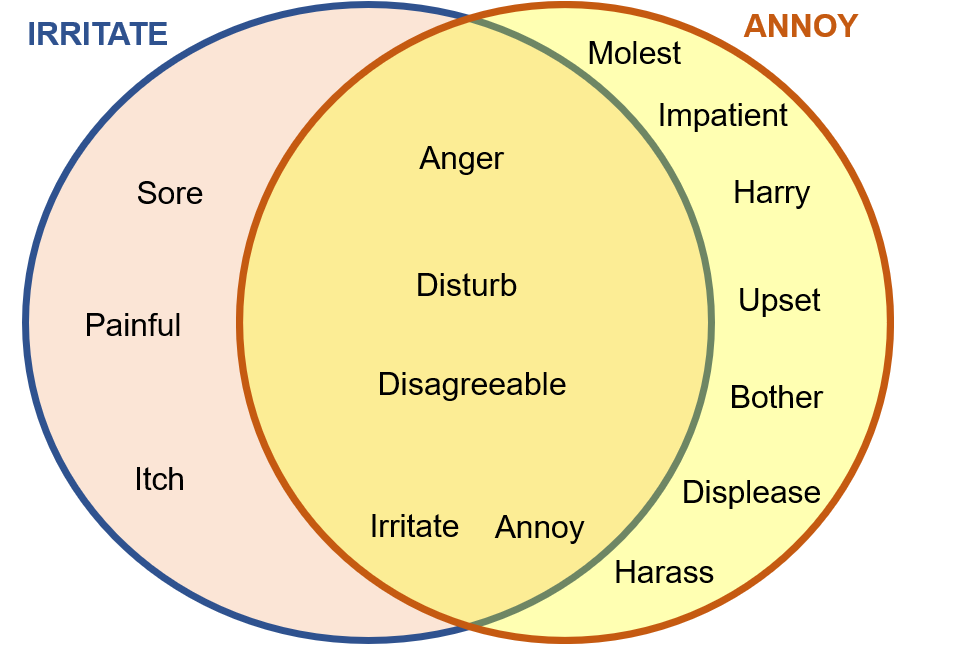Understanding Short Temper and Its Impact on Behavior
A short temper is characterized by a quick, intense emotional reaction to minor frustrations or annoyances. People with a short temper often react impulsively, displaying anger, irritability, or even aggression. These reactions are typically disproportionate to the situation, leading to misunderstandings, damaged relationships, and emotional stress. However, short temper is not just about anger—it’s about emotional regulation and coping mechanisms. By understanding its causes and learning how to manage it, individuals can transform impulsive outbursts into thoughtful responses, leading to healthier relationships and emotional well-being.
Why Do People Have a Short Temper?
Biological and Neurological Factors:
Neurotransmitter Imbalance: Low levels of serotonin are linked to impulsive aggression and mood instability.
Overactive Amygdala: The amygdala, responsible for processing emotions, may be hyper-responsive, leading to heightened anger reactions.
Hormonal Changes: Hormonal fluctuations, such as those during puberty, menopause, or due to thyroid issues, can contribute to irritability and anger outbursts.
Psychological Factors:
Stress and Anxiety: Chronic stress or anxiety reduces emotional tolerance, making individuals more reactive to minor triggers.
Low Self-Esteem: People with low self-worth may perceive harmless remarks as criticism, leading to defensive anger.
Unresolved Trauma: Past experiences or trauma can create emotional triggers, causing disproportionate anger responses.
Social and Environmental Influences:
Learned Behavior: Growing up in environments where anger was commonly expressed teaches that it’s a normal way to handle emotions.
Social Pressures: High expectations, competitiveness, or societal norms can increase stress, leading to irritability.
Cultural Factors: Cultural backgrounds influence how emotions are expressed or suppressed, affecting anger management.
Lifestyle and Health Factors:
Lack of Sleep: Sleep deprivation affects mood regulation and impulse control, making one more prone to irritability.
Poor Nutrition: Nutritional deficiencies (e.g., magnesium, vitamin B) can influence mood stability.
Substance Use: Alcohol or drug abuse impairs emotional regulation, leading to heightened anger responses.
How Short Temper Affects Behavior
Impulsive Reactions and Aggression:
People with short tempers often react impulsively, leading to verbal or physical aggression. These outbursts can harm relationships and create a hostile environment.Negative Communication Patterns:
Anger can manifest as sarcasm, criticism, or contempt, leading to communication breakdowns and emotional distance.Social Isolation and Loneliness:
Repeated anger outbursts push people away, resulting in social isolation. This loneliness can further increase irritability, creating a vicious cycle.Poor Decision-Making:
Anger clouds judgment, leading to impulsive decisions that may be regretted later. This includes hasty words, financial decisions, or ending relationships impulsively.Health Consequences:
Chronic anger leads to increased cortisol and adrenaline levels, causing health issues like:High blood pressure and heart disease.
Digestive problems, headaches, and chronic pain.
Mental health issues, including anxiety and depression.
Practical Ways to Manage Short Temper
Self-Awareness and Emotional Intelligence:
Identify Triggers: Recognize situations, people, or thoughts that trigger anger. Keeping an anger journal helps track patterns.
Emotional Labeling: Clearly identify and name emotions (e.g., frustration, hurt, fear). This reduces emotional intensity and prevents misdirected anger.
Cognitive Behavioral Techniques:
Reframe Negative Thoughts: Replace irrational thoughts with balanced ones. For example, instead of “They’re doing this to annoy me,” think, “They might not be aware of how it affects me.”
Challenge Cognitive Distortions: Address black-and-white thinking, overgeneralization, or catastrophizing, which amplify anger.
Mindfulness and Relaxation Practices:
Mindful Breathing: Practice deep breathing exercises to calm the nervous system during anger spikes.
Progressive Muscle Relaxation: Tense and release muscles systematically to relieve physical tension associated with anger.
Mindful Meditation: Daily meditation enhances emotional regulation and reduces impulsive reactions.
Healthy Communication Skills:
Assertive Communication: Express feelings calmly and clearly without aggression or passivity. Use “I” statements to avoid blaming others.
Active Listening: Focus on understanding the other person’s perspective instead of preparing a rebuttal. This reduces defensive anger.
Behavioral Strategies:
Timeout Technique: Temporarily walk away from a situation to cool down before responding. This prevents impulsive reactions.
Redirecting Energy: Channel anger into physical activities like exercise, sports, or creative outlets (e.g., painting, writing).
Lifestyle Changes for Emotional Balance:
Regular Exercise: Physical activity reduces stress hormones and increases endorphins, enhancing mood stability.
Balanced Diet: Eating nutrient-rich foods supports neurotransmitter balance, improving emotional regulation.
Adequate Sleep: Prioritize restful sleep to enhance emotional tolerance and impulse control.
Seeking Professional Help:
Therapy and Counseling: Cognitive Behavioral Therapy (CBT) is effective for anger management, helping individuals identify and change negative thought patterns.
Anger Management Programs: Structured programs teach coping strategies and emotional regulation techniques.
Support Groups: Sharing experiences with others facing similar challenges provides emotional support and practical advice.
Turning Short Temper into a Positive Force
While a short temper is often seen as a flaw, it can be transformed into a positive attribute. People with emotional intensity are often passionate, driven, and courageous. By learning to channel anger constructively, they can become assertive leaders, effective communicators, and resilient individuals.
How to Transform Short Temper:
Channel Passion into Purpose: Use emotional intensity to pursue goals with determination and creativity.
Advocacy and Leadership: Turn assertiveness into leadership by standing up for others or championing causes.
Emotional Awareness and Growth: Use emotional sensitivity to develop empathy and emotional intelligence, leading to stronger, more meaningful relationships.
Conclusion: Embracing Emotional Growth
Short temper is not merely about anger—it’s about emotional sensitivity and intensity. By understanding its underlying causes and practicing effective management techniques, individuals can transform impulsive reactions into thoughtful responses. This journey of emotional growth leads to healthier relationships, better decision-making, and improved mental and physical health.
Remember, anger itself is not inherently bad—it’s a natural human emotion. It’s how we express and manage it that defines its impact. By embracing emotional awareness, practicing self-regulation, and seeking support when needed, anyone can learn to navigate their short temper, turning it into a source of strength and growth.




